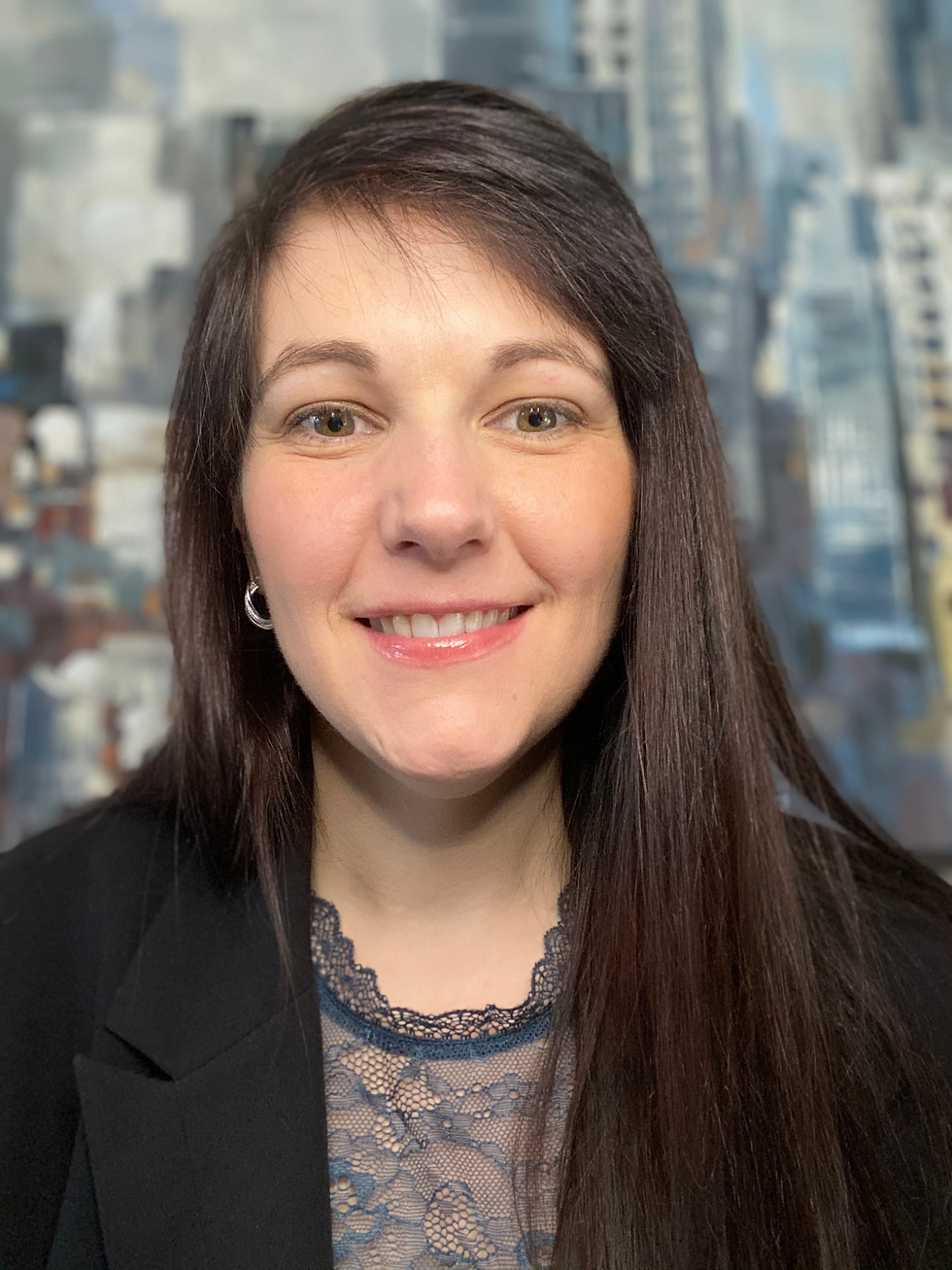Where are all of the nurses?
- Sara Bergenholtz
- May 26, 2023
- 3 min read

Nobody really understands what we do, except other nurses. If you haven't said it, I am fairly confident in stating that you've heard it said. Or seen it written on a random Reddit thread or Facebook post. I've said it, usually with great frustration.
Nobody, especially not those in healthcare leadership, seem to understand everything it is that a nurse does. Which makes it kind of difficult for them to understand what they need to do to keep us in the job.
Oh, we have nurse managers and directors aplenty and even a CNO or two, but if you step off of the elevator onto the C Suite you wouldn't be surprised to see that the MDs and PhDs on the placards by far outnumber the MSNs, DNPs or PhDs in nursing. Why is that, do you think?
The US Beareu of Labor statistics published findings in 2020 stating that nurses comprise a not insignificant 30% of the healthcare workforce. And yet, if we are being generous, only around 5% of healthcare CEOs are or have ever been nurses and, if your hospital is like mine, there simply aren't any nurses on your Board of Directors.
I started thinking about this when a local watchdog group put the question to a nearby critical access hospital. Why don't you have any nurses on your BOD? I was surprised with how readily I had accepted that there wouldn't be nurses on the board and that I had never questioned it. The BOD for my hospital is comprised of 49% MDs and 51% community members (folks who know nothing about healthcare and even less about nursing, but lots about banks and how to be a prosecutor). I knew this, had known this, practically since the day I was hired and simply accepted it. Worse, it never occurred to me that nurses should be on the board, or that they should be CEOs.
That's not what nurses do, after all. We care for our patients, our community and each other. We leave all of that business stuff to other people. For myself, running healthcare as a business makes me feel grubby. I resent that our patients are charged so very much for every little thing, while receiving only a fraction of what I consider the best care possible. I resent that the focus in the emergency room is the throughput because it is so deeply entwined with reimbursement. Resent that people are either pushed out too soon or end up living at the hospital because of some complication, somewhere, with how their care is being paid for. Or to open a bed for the next patient and their set of charges. I don't like it and so I try not to think about it.
Yet this is the reality of our healthcare system and if we want it to get better we can't turn away from that. That means climbing to the peaks and taking a seat at those tables we've so long been absent from. So, why not nurses on the boards of directors? As hospital CEOs?
Through advocacy and education we can see other communities ask this question and push for change. We can start asking this question and push for change. Next time there is a vacancy on your hospital's Board, run for it. Or lobby, raise your voice in support, for another. Engage with your Board and advocate, tirelessly, annoyingly, for the next CEO to be a nurse. Encourage your own watchdog groups to do the same. Form your own watchdog groups.
Organizing means more than simply standing together on a picket line when the situation has already fallen apart. It means more, should mean more, than simply signing a card and showing up for contract negotiations. It means leveraging the strength of the group to improve the systems we all exist in, to seek, always,
to change things for the better.
And if there were ever a time for change this has to be it.
Finis
Bureau of Labor Statistics, U.S. Department of Labor, The Economics Daily, Registered nurses made up 30 percent of hospital employment in May 2019 at https://www.bls.gov/opub/ted/2020/registered-nurses-made-up-30-percent-of-hospital-employment-in-may-2019.htm (visited May 26, 2023).







Comments